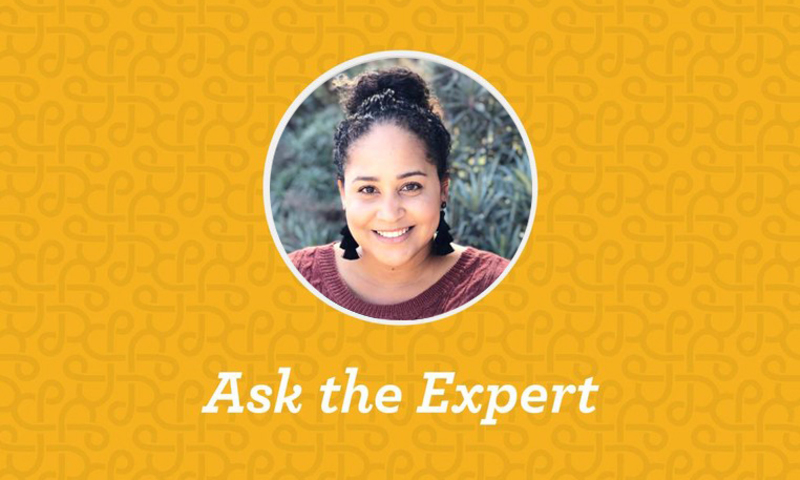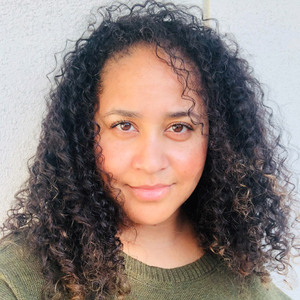Before I Blow Up At My Friend

Dear CMR,
I was really hurt by a friend of mine the other day, and I feel it lingering in the back of my mind. I don't want to blow up at them, but I come close to doing that when we hang out together.
Signed,
Holding It In
Dear Holding,
First, I want to take some pressure off by letting you know what you are going through is something we all face in life: Learning how to navigate relationships. Humans are complex. Things can get sticky as we figure out who we are and how to show up for our people.
One of my best friends is someone I’ve known since we were about 12 years old. I moved away and we didn’t do high school together, so we decided to do college together. Over the first couple years dorming together, I buried the things that bothered me, until one night, all those seeds of frustration and hurt, they’d grown roots of resentment, and they shot up and out! Not flowers. More like weeds. Yikes! I wish I could say she and I have never had difficult conversations like that again, but the truth is, as we evolve, tough stuff comes up with the people we love. We can learn and grow from it if we do the work. Here’s some guidance on how:
- Assess Feelings and Facts
- Look at your feelings and look at the facts. We get to a point of blowing up when we bottle things up for too long. Once we’re too deep in our feelings, you begin to read into things, digress to negative thoughts, and lose sight of the facts.
- Take Responsibility
- When something someone does or says hits a tender spot, our gut reaction is to point the finger, but I believe it’s an appeal to us to take a step back and look within first. Ask yourself: What role did I play in this situation? Do I have any unmet expectations? Have I communicated those expectations? Brené Brown advises, “Clear is kind. Unclear is unkind.”
- Get clear on where this person fits in your relationship circles to further inform how to move forward:
- Is this person close to your heart? You'll know them because you have a mutually intimate, loving relationship; they are people you can’t imagine doing life without. (ex: spouse, parents, siblings, best friend, etc.)
- Is this person close enough to hug? These are your go-to people, your tribe (Example: extended family, friends, mentors, etc.).
- Is this person close enough to reach out a hand? These are relationships you have through association such as common connections or common interests; they are people you can reach out to for specific things and possibly seasonal relationships (Example: in-laws, neighbors, coworkers, cohort, club, committee, etc.).
- Take Action
- Pray about it.
- Talk about it. You mentioned this person is a friend, right?
- If they are open to talking about it, reach out, set a date and time to talk face-to-face; be upfront about wanting to speak to them about something important. If you write a letter, follow it up with a face-to-face conversation. Use “I” statements to reduce blame. When communicating, keep in mind your intent to repair the relationship, not to be right. Listen to their heart, too. Keep this up; friendships require regular communication. Forgive in order to provide a solid foundation for reconciliation.
- If they are not open to talking about it, it may be that they need more time to process before they can talk about it. Consider that they may be dealing with their own challenges. You may place them in the “close enough to reach out a hand” relationship circle until a conversation can take place. Or, it may be that the friendship has taken its course. Remember, reconciliation must be mutual. Forgiving them does not guarantee reconciliation, and that’s okay.
- If after having that conversation (or not), you’re still having a difficult time forgiving and moving past this hurt, consider speaking to a counselor or therapist, or even a mentor; read Prov. 13:10 and Prov. 19: 19-20. You may need to begin with this step before reaching out to talk about it. And that’s okay, too.
My pastor once said, “Relationships are emotionally-based, but action-driven” (Pastor Botts). Cultivating friendships is a lifelong, God-given assignment. Use your feelings as a gauge, and the facts as your guide. Cheers to friendship!

